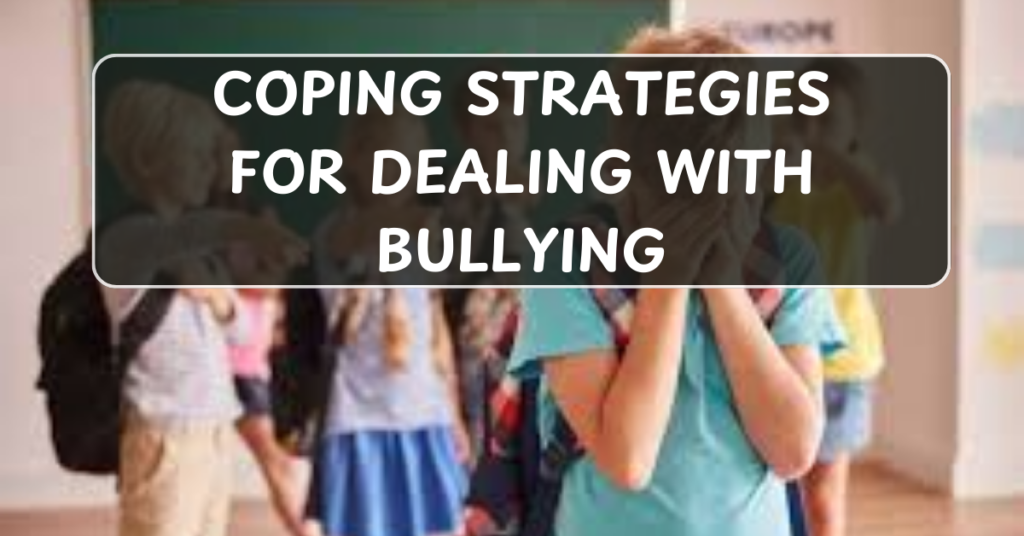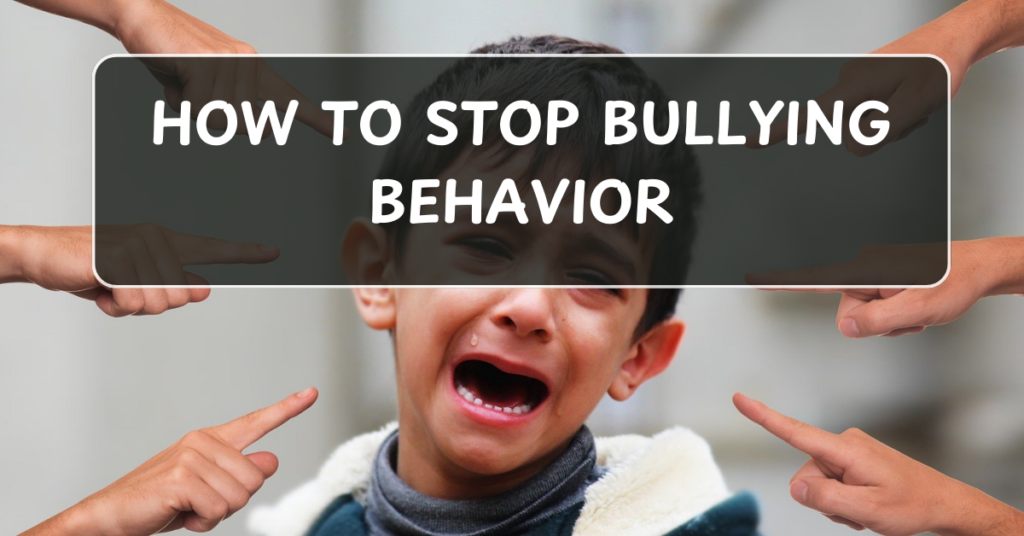>> Want to Learn How to Properly Deal With Bullies? Click Here <<
1. Practice Self-Care and Build Resilience
Taking care of your mental and physical health is crucial when dealing with bullying. Engaging in self-care practices can help you build resilience and manage the emotional stress caused by bullying.
- Exercise regularly: Physical activity can help reduce stress, improve your mood, and boost your self-confidence.
- Eat a balanced diet: Nourishing your body with healthy foods helps maintain energy levels and mental clarity.
- Get enough sleep: Lack of sleep can heighten feelings of anxiety and depression. Aim for at least 7-9 hours of sleep per night to help your body recover from stress.
- Practice relaxation techniques: Techniques such as deep breathing, meditation, or yoga can reduce stress and help you stay calm in difficult situations.
2. Stand Up for Yourself (When Safe to Do So)
In some situations, asserting yourself can help stop the bullying behavior. However, it’s important to assess the situation and ensure that standing up for yourself won’t put you in harm’s way.
- Stay calm and assertive: If the bully is verbally attacking you, remain calm and respond assertively, not aggressively. For example, say, “Please stop, I don’t appreciate that,” in a firm but respectful tone.
- Use “I” statements: When confronting a bully, using “I” statements can help you express how their actions make you feel without escalating the situation. For example, “I feel upset when you make fun of me.”
- Set boundaries: Let the bully know what behavior is unacceptable and that you expect them to stop. Standing firm in your boundaries can often deter further bullying.
3. Reach Out for Support
It’s important to remember that you don’t have to face bullying alone. Reaching out for support can help you process your feelings and receive guidance on how to deal with the situation.
- Talk to a trusted person: Confide in a friend, family member, or colleague who can offer emotional support and perspective.
- Seek professional help: A therapist or counselor can help you navigate the emotional toll of bullying and develop healthy coping strategies.
- Join a support group: Connecting with others who have experienced bullying can help you feel understood and provide valuable insights on how to cope.
4. Document the Bullying
If the bullying persists or escalates, it’s important to keep a record of the incidents. Documenting the bullying can provide evidence if you need to report it to authorities, such as a school administrator, HR department, or law enforcement.
- Write down details: Record the date, time, location, and specifics of each bullying incident, including what was said or done.
- Save any evidence: If the bullying is happening online, take screenshots or save text messages, emails, or social media posts as proof.
- Stay organized: Keep all documentation in one place, and update it regularly if the bullying continues.
5. Report the Bullying
If the bullying continues despite your efforts to address it, reporting the behavior to a higher authority may be necessary. It’s important to know that you have the right to feel safe and protected, and there are resources available to help.
- Speak to a school counselor or teacher: If you’re being bullied at school, talk to a counselor, teacher, or administrator. Schools are required to have policies in place to address bullying and protect students.
- Notify HR or management: If the bullying is happening at work, report the behavior to your supervisor, HR department, or a trusted colleague. Employers are obligated to address harassment in the workplace.
- Report cyberbullying: If you’re being harassed online, report the behavior to the platform (e.g., Facebook, Twitter, Instagram) and block the bully. You may also want to contact law enforcement if the bullying is severe or threatening.
6. Build Your Confidence and Self-Esteem
Bullies often target individuals who they perceive as vulnerable or insecure. Building your self-esteem and confidence can help reduce the impact of bullying and make you less of a target.
- Focus on your strengths: Reflect on your positive qualities, talents, and achievements. Remind yourself that you have value and worth, regardless of what the bully says.
- Engage in activities that bring you joy: Spend time doing things you love, whether it’s a hobby, sport, or creative pursuit. Pursuing activities that make you happy can help boost your confidence and shift your focus away from the bullying.
- Surround yourself with positivity: Spend time with people who uplift and support you, and distance yourself from negative influences.
Conclusion: You Deserve to Live Bully-Free
Coping with bullying is never easy, but it’s important to remember that you are not defined by the bully’s behavior. By implementing these coping strategies, seeking support, and taking proactive steps, you can regain control of your life and protect your mental and emotional well-being. Remember, no one deserves to be bullied, and there is always help available. Reach out, stand strong, and know that you have the power to overcome bullying and thrive.
If you are currently dealing with bullying, don’t hesitate to reach out to a trusted individual or professional for help. You are worthy of respect and kindness, and it’s never too late to seek support.



